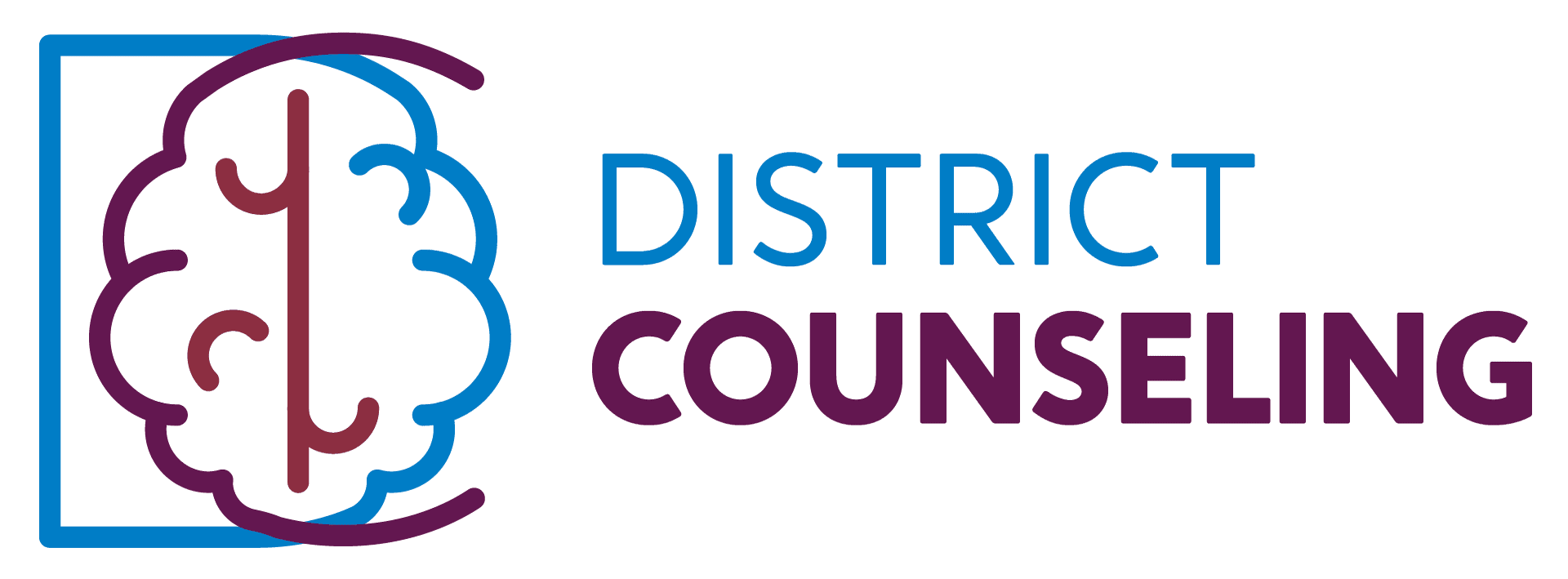Share Post
Mental health is a vital part of overall well-being, but discussing it openly can be a challenge—especially in the Latino community. Cultural values, traditions, and a lack of access to culturally competent resources have created an environment where seeking help is often stigmatized. It’s time to change this narrative and normalize seeking therapy as a pathway to healing and growth.
Why Is Mental Health Stigmatized in Latino Culture?
Among Latinos, mental health struggles often go unspoken because of deeply ingrained cultural norms. Many families emphasize familismo, prioritizing family stability and handling struggles privately rather than “airing dirty laundry” to outsiders. While this focus on family support is inherently positive, it can inadvertently discourage individuals from seeking professional help.
Additionally, there’s a pervasive belief that therapy is only for those experiencing severe mental conditions, leading to an “I have to be strong for my family” mindset. Such views can result in unchecked stress, anxiety, and depression, with individuals feeling they must endure silently rather than seek relief.
Another barrier is the concept of machismo, where male family members may feel societal pressure to appear emotionally stoic, reinforcing the idea that mental health services are a sign of weakness. Combined, these beliefs can keep Latinos trapped in emotional distress without the tools or space to address it.
The Far-Reaching Impact of Avoiding Therapy
When mental health concerns are left untreated, they can have widespread effects on families and communities. Stress levels rise, relationships are strained, and physical health can suffer due to the connection between mental and bodily well-being.
For example, untreated depression can manifest as chronic fatigue, while anxiety can lead to high blood pressure or heart problems. This mind-body connection underscores the importance of proactively addressing mental health—not just for individual healing but for the greater good of the family and community.
Additionally, younger generations often learn by example. When children grow up in a household where mental health struggles are dismissed, they’re less likely to seek support when facing their own challenges.
Breaking the Cycle
The good news? Change is possible. Conversations about mental health in the Latino community are slowly becoming more open and culturally aware therapists can play a powerful role in breaking the stigma.
By normalizing therapy as a tool—not a last resort—Latino individuals can feel empowered to address their emotional health. Therapy can be a space to explore feelings, unpack stressors, and foster healthier relationships. It’s important to emphasize that seeking help doesn’t mean you’re weak—it means you’re brave enough to prioritize your well-being.
Why Culturally Aware Mental Health Services Matter
Latino communities deserve therapists who understand their unique cultural experiences. Therapy is most effective when individuals feel seen and understood, which is why having access to bilingual therapists who share cultural values can make the difference between avoiding help and seeking it.
District Counseling, a trusted mental health center operating in Houston, Fort Worth, and Austin, is committed to serving the Latino community. With over 80 therapists, the majority of whom are bilingual and Hispanic, District Counseling offers a safe, judgment-free space for individuals to address their mental health needs. These therapists are trained to work within the cultural framework of Latinos, recognizing the role family values play and acknowledging the cultural nuances that shape their experiences.
Their personalized approach ensures that clients feel supported in breaking the stigma around mental health, one session at a time.
How District Counseling Can Help
At District Counseling, therapy sessions are tailored to meet the unique needs of every client. Whether you’re navigating stress, processing trauma, or dealing with anxiety or depression, their skilled team is ready to help you discover a healthier path forward.
What Sets District Counseling Apart?
- Bilingual Support
Language should never be a barrier. District Counseling provides therapy in both English and Spanish, ensuring clear communication and better understanding between clients and therapists.
- Culturally Competent Therapists
Most therapists at District Counseling are Hispanic, which means they’re uniquely equipped to understand the cultural values, traditions, and challenges of the Latino community.
- Accessible Locations
With offices in Houston, Fort Worth, and Austin, District Counseling ensures that mental health resources are within reach for Texans across these major cities.
Therapy is not about changing who you are; it’s about becoming the healthiest version of yourself—for you and your family.
Take the First Step Toward Healing
You don’t need to face life’s challenges alone. The Latino community deserves resources and support to thrive emotionally, mentally, and physically. If you’re ready to break the stigma and explore therapy in a safe, culturally sensitive space, District Counseling is here for you.
Visit District Counseling or call 346-800-7601 today to schedule an appointment and take the first step toward a brighter, healthier future. Therapy is strength—embrace it.

Arely Ambriz
November 24, 2025
The Gavel Falls on a New Week: How to Lead Your Own New Beginning
Start your week with intention. Learn how to set goals, build a strong support system, and find professional mental health resources like psychiatry and counseling in Texas to navigate life’s...

Arely Ambriz
November 21, 2025
Beyond the Twinkling Lights: Is Your Work-Life Balance Up for Sale?
In Riverside, California, a beloved tradition is set to illuminate the city this weekend. The Mission Inn’s Festival of Lights, an event that draws...

Development Funnel Boost Media
November 20, 2025
10 Signs You’re Emotionally Exhausted (and What to Do About It)
Emotional exhaustion can creep up slowly — or hit all at once. You might still be functioning, going to work, taking care of your...

Arely Ambriz
November 20, 2025
Beyond the Buzz: Can Our Relationships Survive the AI Revolution?
Explore how AI impacts relationships, communication, and connection in an automated world. Learn practical tips for nurturing bonds at home, work, and with your children....

Arely Ambriz
November 19, 2025
Can’t Look Away? Your Mid-Week Guide to Managing Headline Stress
Feeling anxious and overwhelmed by the news? Learn why the mid-week news cycle feels so draining and discover practical tips to stay informed without sacrificing your mental health....

Arely Ambriz
November 18, 2025
The Hidden Ledger: Balancing Ambition and Burnout on National Entrepreneur’s Day
Feeling the “founder mindset” leading to burnout? Discover actionable steps, like our “Energy Audit,” to reclaim your mental health and achieve a healthier work-life balance....

Arely Ambriz
November 17, 2025
Beyond the Signal: Charting Your Own Path to a New Beginning
Feeling disconnected? Learn how to build your inner infrastructure for a new beginning. Discover actionable steps and the importance of professional support for mental health, including therapy and psychiatry in...

Arely Ambriz
November 14, 2025
Houston, We Have a Weekend: Navigating Your Final Descent into Work-Life Balance
Discover how global crises impact your well-being and learn practical grounding techniques like 5-4-3-2-1 to manage anxiety and compassion fatigue in a fast-paced world....

Arely Ambriz
November 13, 2025
Beyond ‘Please’ and ‘Thank You’: How World Kindness Day Reveals the Secret to a Stronger Relationship
Discover how global crises impact your well-being and learn practical grounding techniques like 5-4-3-2-1 to manage anxiety and compassion fatigue in a fast-paced world....

Arely Ambriz
November 12, 2025
Finding Your Footing When the World Feels Heavy
Discover how global crises impact your well-being and learn practical grounding techniques like 5-4-3-2-1 to manage anxiety and compassion fatigue in a fast-paced world....
